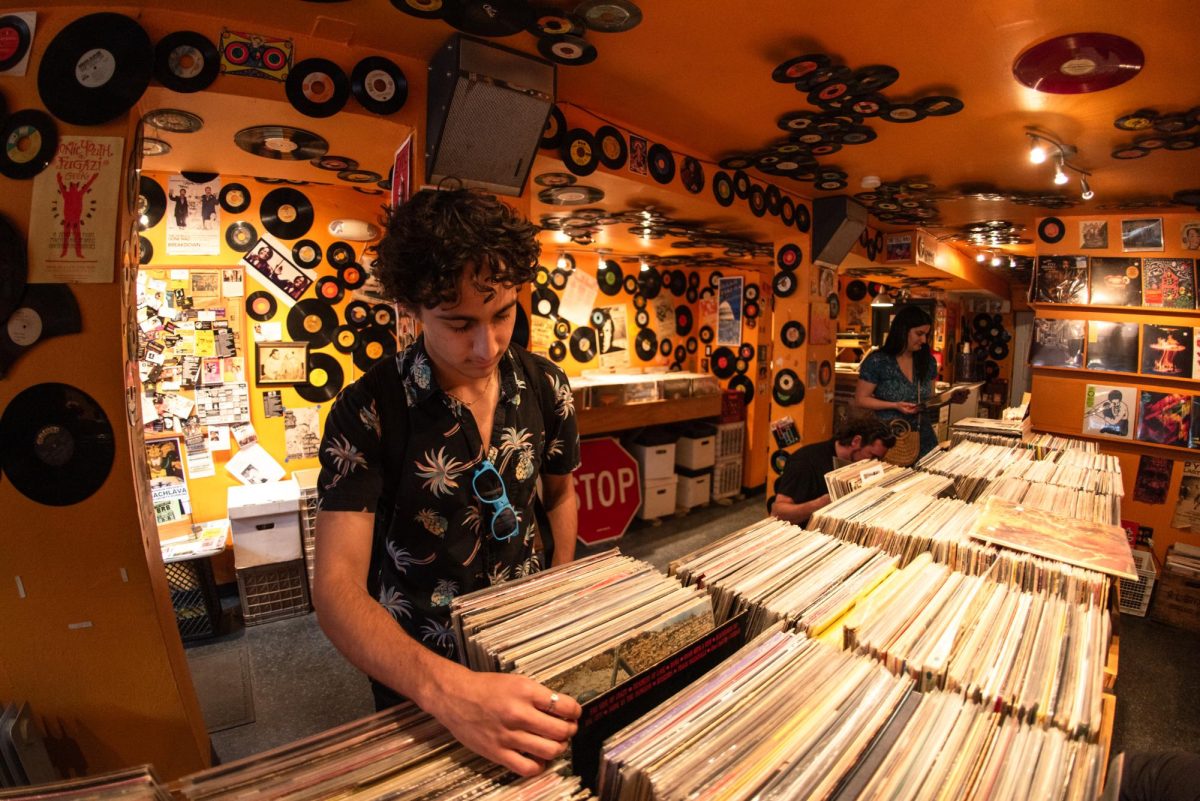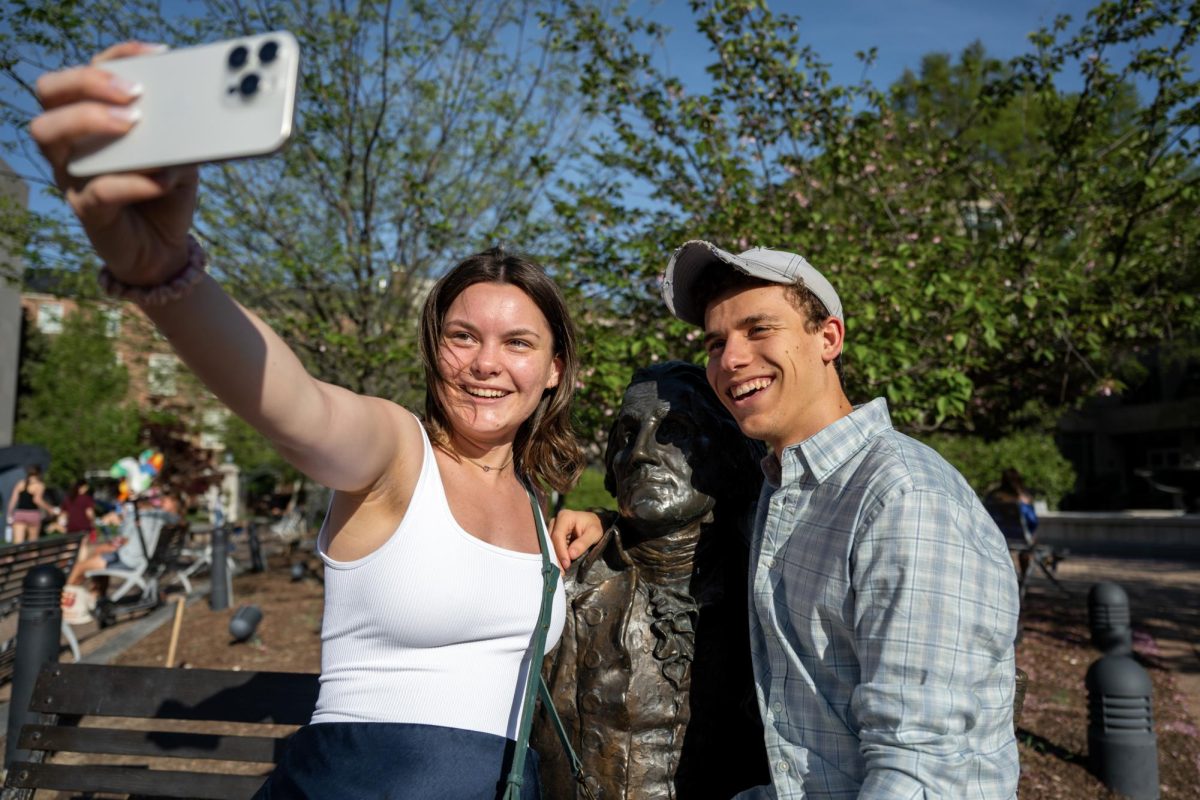D.C. just added another branch to its family tree.
At the ninth annual Turkish Festival on Sunday, Melih Gökçek, mayor of Ankara, and Vincent Gray, mayor of D.C., were joined by 25,000 festival participants when they announced the new sister city agreement between the two capital cities.
The agreement will support initiatives to bring more opportunities to learn about Turkish culture and an increased availability of Turkish abroad programs, whether for study, work or volunteerism. Exchange programs today range from municipal training to professional internships.
Gökçek joked that despite the cold D.C. weather, he felt warmth from Gray.
“[The sister city agreement] will build better communications between the cities for greater economic and cultural opportunities,” Gray said.
Sister Cities International began in 1956 when President Dwight D. Eisenhower proposed a citizen diplomacy initiative to empower citizens to engage in purposeful international exchange programs.
“I hope people in D.C. will learn about Ankara and that people in Ankara will learn about D.C.,” festival volunteer Pinar Guvenir, from Ankara, said.
Berk Baycan, a freshman from Istanbul, sees the agreement as a learning opportunity for expanding understanding of Turkish people and culture.
“Turkish people are different. We are not Asian, but we are not European,” Baycan said. “We are in the middle, and we are Turkish”
Named the best festival in D.C. by the Washington City Paper’s 2011 Readers Choice Awards, the Turkish festival brought colorful pashminas and divine jewelry to the celebration in Freedom Plaza.
Patrons had the opportunity to drink a demitasse cup of traditional Turkish coffee, a thousand year old tradition, much thicker and sweeter than the usual American brew, and have their fortunes told from the shapes of the remaining coffee grinds.
“Fortune telling is very personal because the result is all dependent on how you drink the coffee and flip the cup,” fortune-teller Kamila Dudley, of the Czech Republic, said. “[The fortune teller] only interprets what [the coffee drinker] has determined for herself.”
Like the rich tradition of fortune telling, the myth of the evil eye has a 1,000 year-old history and remains a salient part of Turkish culture.
Displaying jewelry featuring the evil eye, junior and Istanbul native, Fatma ‘Nur’ Alkas said, “If someone is jealous of something you have and you wear the evil eye, it will shatter. I’ve seen it happen.”
And even for those lacking ancestral ties, the festival is a way to discover a community among D.C.’s many cultures.
“This festival is so special to me because I am a foreigner like most people here, and the cultural interaction is very important,” Dudley said.






